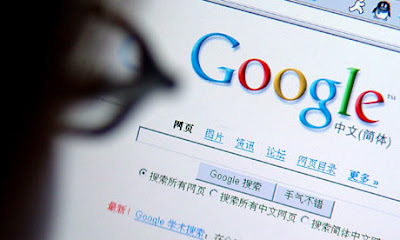The web of the future as shown above would turn into one that functions based on Web 3.0. The amount of information that is transmitted across the globe, everywhere, is increasing ever so rapidly!
Because of how knowledge has increased so much now, jobs are no longer the same as before, learning too, even ways of exercising, television, journalism etc. are changing from traditional, to highly modern.
From what I have learnt in class, the future Internet would seek to understand an individual – the semantic web. The web would no longer be directed by humans, but would direct humans instead.
Brown (2000) states that, “Over the next 20 to 50 years, it will become harder to tell the difference between the human and the machine. All body parts will be replaceable. A computer will function like the human brain with the ability to recognize feelings and respond in a feeling way. They will then produce fake people.”
This may sound like a very amusing and impossible future, but how can we ever know?
No caveman ever thought that language even exists and now, look! We have so many kinds of languages all over the world!
The Internet was created at first, for the purpose of war and battles, but now, it is an ubiquitous tool, EVERYWHERE.
When I looked at the videos in COM125 class, telling me how different forms of technology will soon be formed and placed in our everyday lives, I felt fearful.
I am fearful because this kind of world would be one I would not even dream of living in, and yet now, there is a hint of possibility in it.
I am not excited to be in this utterly advanced world where everything is created for extreme convenience. But who am I to control all these?








